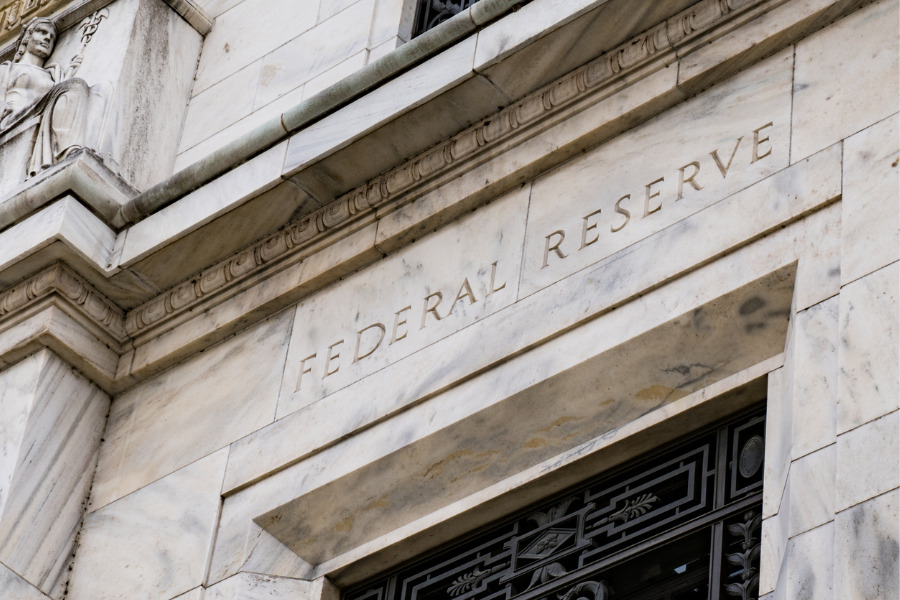

Cantor Fitzgerald Chief Executive Officer Howard Lutnick expects the Federal Reserve to cut rates a single time this year, just ahead of the US presidential election.
“I’m thinking September, and it’s not really to move the economy — it’s to show off a little bit,” Lutnick said in an interview Thursday with Bloomberg Television. “It’s to help a little bit the guy who is employing you today. Maybe we’ll give you your job again if he gets elected. One cut, that’s it — just showing off.”
Across Wall Street, analysts and investors are playing the guessing game of whether the Fed will cut rates by the end of the year and, if so, by how much. With inflation picking up, Fed officials — who were already expected to hold interest rates at a two-decade high when they meet next week — may face renewed pressure to further delay any cuts and even to consider whether borrowing costs are high enough.
In the wide-ranging interview, Lutnick also says he expects volatility in the markets to rise around September and October, ahead of the election, which he said is likely to be close. With uncertainty around the outcome, “investors tend to put their hands in their pockets when they don’t know what’s going on.” Once the results are clear, “markets go right back to normal,” he said.
Lutnick’s other company, BGC Group Inc., a brokerage spun off from Cantor Fitzgerald in 2004, is launching a futures exchange to rival CME Group Inc. with backing from banks and trading firms including Bank of America Corp., Barclays Plc, Citadel Securities, Citigroup Inc., and Goldman Sachs Group Inc, Bloomberg News reported earlier Thursday.

Former Northwestern Mutual advisors join firm for independence.

Executives from LPL Financial, Cresset Partners hired for key roles.

Geopolitical tension has been managed well by the markets.

December cut is still a possiblity.

Canada, China among nations to react to president-elect's comments.
Streamline your outreach with Aidentified's AI-driven solutions
This season’s market volatility: Positioning for rate relief, income growth and the AI rebound
